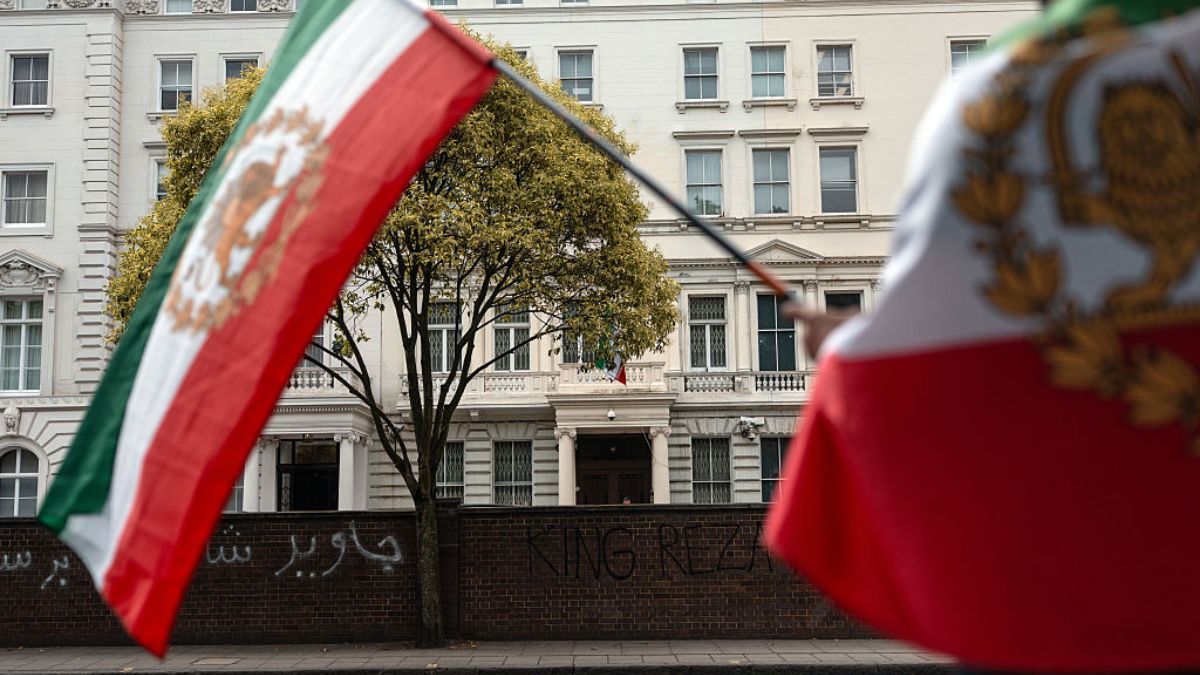
Iran’s Foreign Minister Abbas Araghchi has cast doubt on the possibility of resuming nuclear talks with the United States in the near future. His comments come after months of failed diplomatic efforts and military strikes that have damaged Iran’s nuclear facilities.
The Iranian foreign minister expressed skepticism about Washington’s willingness to engage in meaningful negotiations. Tehran has been cautious about returning to the negotiating table since the collapse of previous talks in June 2025, following Israeli and US military strikes on Iranian nuclear sites – attacks that President Donald Trump personally authorized
According to Al Jazeera, Araghchi stated that “we have not yet reached the point of maturity where effective negotiations with the US can take place.” Despite this, he emphasized that Iran would not completely sever cooperation with the International Atomic Energy Agency (IAEA), the UN’s nuclear watchdog. The foreign minister said any future inspections would require approval from Iran’s Supreme National Security Council.
Iran maintains nuclear program despite recent setbacks
The Iranian nuclear program has faced significant challenges following the June military strikes. US and Israeli forces targeted key facilities including the Natanz Fuel Enrichment Plant and the Fordo underground facility. President Trump’s controversial statements about coordinating with Iran during these operations have raised questions about the true nature of the conflict.
“We did not have elements to prove that Iran had a plan or a systematic effort towards a nuclear weapon.”
— Fareed Zakaria (@FareedZakaria) June 22, 2025
Part 2 of my conversation with UN atomic energy watchdog chief @rafaelmgrossi, who assessed the impact of US strikes on Iran’s nuclear sites: pic.twitter.com/SSe7IoezZe
Iran currently possesses approximately 408.6 kg of uranium enriched to 60% purity, which is close to weapons-grade levels. This stockpile represents a significant increase from previous years and has raised concerns among international observers about Iran’s nuclear intentions. Tehran continues to deny any plans to develop nuclear weapons, insisting its program is for peaceful civilian purposes only.
The relationship between Iran and the IAEA has become increasingly strained. Iranian parliament passed legislation suspending cooperation with the agency after accusing it of bias. IAEA Director General Rafael Grossi has made the return of inspectors to Iran his top priority, particularly to assess damage from recent bombing campaigns and verify uranium stockpiles. Political tensions surrounding Iran policy have continued to complicate diplomatic efforts.
European powers including France, Germany, and Britain have threatened to trigger UN sanctions against Iran if the country does not return to negotiations by the end of August 2025. These “snapback” sanctions would restore international penalties that were previously lifted under the 2015 nuclear deal. The clock is ticking for diplomatic solutions as both sides appear to be hardening their positions rather than seeking compromise.







